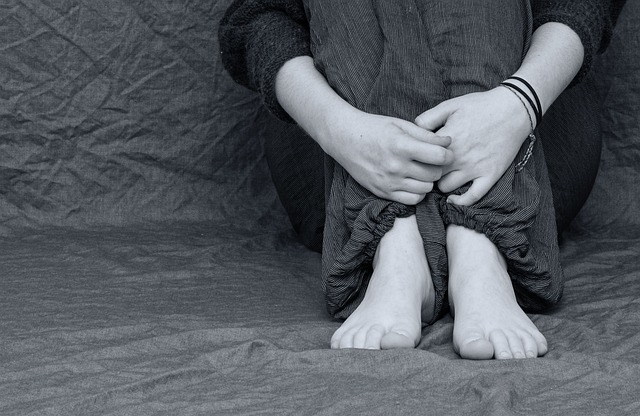Understanding Anxiety: When It Leads to Frequent Urination
Anxiety affects people in a multitude of ways, some of which are more widely recognized, like panic attacks, sweating, or rapid heartbeat. However, one less commonly discussed symptom of anxiety is frequent urination. This physiological response might seem odd at first glance, but it’s rooted in the body’s natural reaction to stress and anxiety. Let’s delve into this symptom, understand why it happens, and explore strategies to manage it.

The Link Between Anxiety and Frequent Urination
Anxiety triggers the body’s fight or flight response, a primordial reaction that prepares the body to either face a threat or escape from it. This response involves a cascade of biological changes, including the release of adrenaline, which can have various effects on the body, including on the bladder.
When adrenaline courses through your veins, it can lead to the relaxation of the bladder muscles, making you feel like you need to urinate more often. Additionally, anxiety can heighten your awareness of bodily sensations, meaning you might become more aware of the need to urinate than you would be otherwise.
Symptoms and Impact
Frequent urination itself can become a source of anxiety. The worry about needing to find a bathroom quickly can interfere with daily activities and social events, potentially leading to avoidance behaviors. Here are some common signs that anxiety might be affecting your bladder:
- The need to urinate more often than usual, without an increase in liquid intake
- Feeling an urgent need to urinate, even if the bladder isn’t full
- Difficulty holding urine or experiencing small leaks when feeling anxious
- Increased nighttime urination, disrupting sleep
Managing Anxiety-Induced Frequent Urination
Managing this symptom effectively often involves addressing the underlying anxiety. Here are several strategies that can help:
Mindfulness and Relaxation Techniques
Practices like meditation, deep breathing exercises, and progressive muscle relaxation can reduce anxiety levels, thereby mitigating its physical symptoms, including frequent urination.
Cognitive Behavioral Therapy (CBT)
CBT is a highly effective treatment for anxiety. It helps by changing negative thought patterns and behaviors that contribute to anxiety. By addressing the root causes of anxiety, CBT can also alleviate its physical manifestations.
Lifestyle Changes
Regular physical activity, a healthy diet, and ensuring adequate sleep can all help reduce anxiety levels. Additionally, reducing caffeine and alcohol intake can lessen both anxiety and bladder irritation, potentially reducing the frequency of urination.
Medication
In some cases, medication may be necessary to manage anxiety. Various options can help stabilize mood and reduce anxiety symptoms. It’s crucial to discuss these with a healthcare provider to find the most suitable one.
Bladder Training Techniques
Bladder training involves gradually increasing the intervals between urination. This technique can help retrain the bladder to hold urine for longer periods, reducing the urgency and frequency of urination.
When to Seek Help
If frequent urination significantly impacts your life or if you suspect it’s linked to anxiety, seeking professional advice is crucial. A healthcare provider can rule out other causes of frequent urination, such as urinary tract infections or diabetes, and recommend appropriate treatment for anxiety.
In conclusion, while frequent urination can be an uncomfortable and sometimes embarrassing symptom of anxiety, understanding the connection between the two is the first step towards management. With the right strategies and support, it’s possible to mitigate this symptom and improve your quality of life. Remember, you’re not alone, and help is available.
